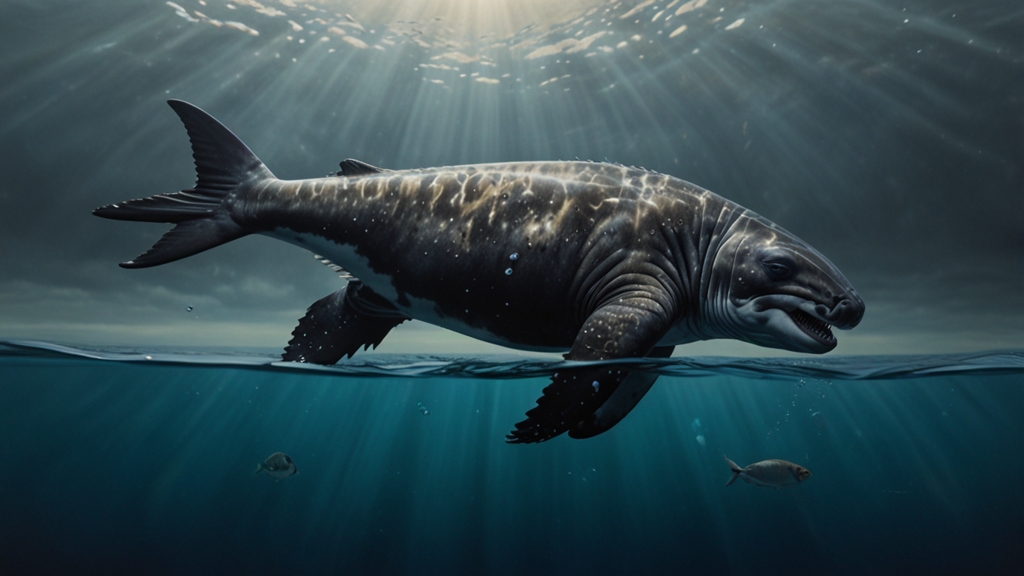The Impact of Overfishing: The Hidden Crisis Facing Marine Life
Overfishing is an escalating crisis that continues to threaten marine ecosystems worldwide. Despite international regulations and conservation efforts, the relentless pursuit of commercial fishing has resulted in alarming declines in fish populations, disrupting delicate marine balances. The effects of overfishing are far-reaching, impacting not only marine life but also human communities that depend on seafood for their livelihoods and sustenance.
The Current State of Overfishing
According to the Food and Agriculture Organization (FAO) of the United Nations, approximately one-third of the world's fish stocks are overfished. This means they are being harvested at a rate faster than they can reproduce. Species such as Atlantic cod, Pacific bluefin tuna, and various types of sharks are among the most affected. The loss of these key species has cascading effects throughout the marine food chain.
Sustainable fishing practices are vital for maintaining fish populations at healthy levels. However, overfishing often occurs due to a combination of poor management, lack of enforcement of regulations, and illegal fishing activities. Moreover, advancements in fishing technology have made it easier for fleets to catch massive amounts of fish quickly, further exacerbating the problem.
Ecological Consequences
The decline of fish populations has a profound impact on oceanic ecosystems. Overfishing leads to the depletion of target species and disrupts the balance of marine food webs. Apex predators such as sharks, which play a critical role in maintaining the health of marine environments, are particularly vulnerable. Their decline can lead to an increase in smaller, often more prolific species, which can then overcrowd and damage coral reefs and other vital marine habitats.
"The well-being of humans and the ocean system is more interconnected than many realize. The destruction wrought by overfishing affects not just the fish but the entire marine environment and, eventually, human societies." – Dr. Sylvia Earle, Marine Biologist
Socioeconomic Implications
Overfishing isn't just an environmental issue; it has serious socioeconomic implications as well. Millions of people around the world rely on fishing for their livelihoods and as a primary source of protein. In many developing countries, fishing communities face dwindling catches, leading to economic hardship and food insecurity. The decline in fish populations has also impacted recreational fishing industries and tourism, which are vital economic sectors in many coastal areas.
The economic losses associated with overfishing are immense. A report by the World Bank estimated that globally, the economic loss due to overfishing amounts to $83 billion annually. These losses are attributable to reduced fish stocks, diminished catches, and the increased costs of fishing operations as fleets have to venture further and deeper into the ocean to find fish.
Efforts for Sustainable Fishing
Addressing the overfishing crisis requires a multi-faceted approach, integrating robust management practices, enforcement of regulations, and advancements in sustainable fishing technologies. International organizations, governments, NGOs, and the fishing community must collaborate closely to implement effective strategies. Key measures include establishing Marine Protected Areas (MPAs), promoting sustainable fishery certifications, and enhancing monitoring and data collection systems.
Public awareness and consumer choices also play a crucial role. Individuals can contribute to the solution by choosing sustainably sourced seafood and supporting policies that promote ocean conservation. Educational initiatives can help raise awareness about the importance of marine sustainability and the urgent need to protect our oceans from the ravages of overfishing.
"Choosing to support sustainable seafood helps to ensure that future generations can enjoy the same benefits the ocean provides today. It's not just a responsible choice, it’s a necessary one for the health of our planet." – Ocean Conservancy
Conclusion
The impact of overfishing is a hidden crisis that jeopardizes marine life and human communities alike. The alarming decline of fish populations and the resulting ecological and socioeconomic consequences highlight the urgent need for sustainable fishing practices. By working together, we can mitigate the effects of overfishing and pave the way for a more sustainable future, ensuring that our oceans continue to thrive for generations to come.










